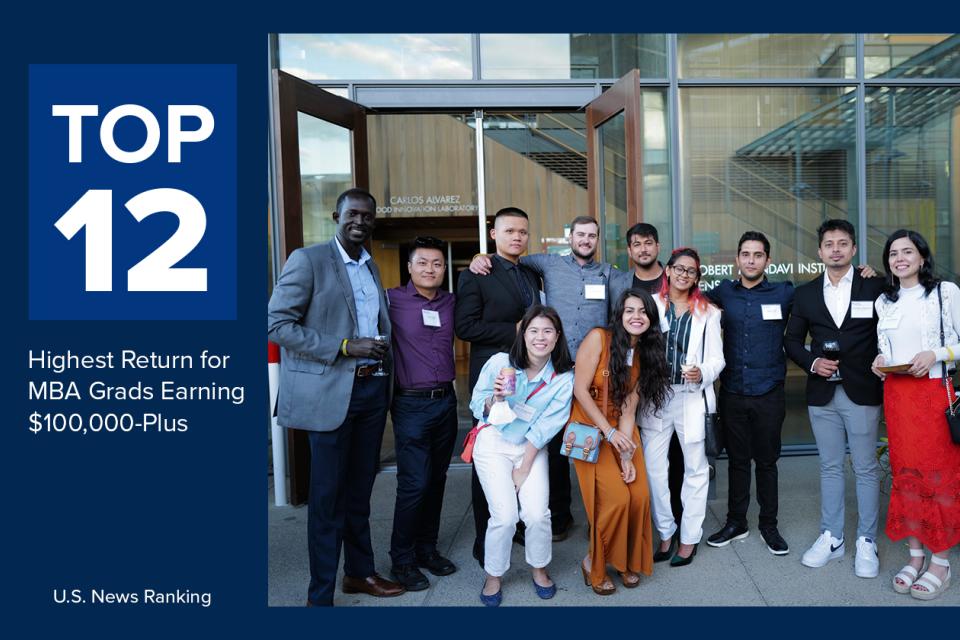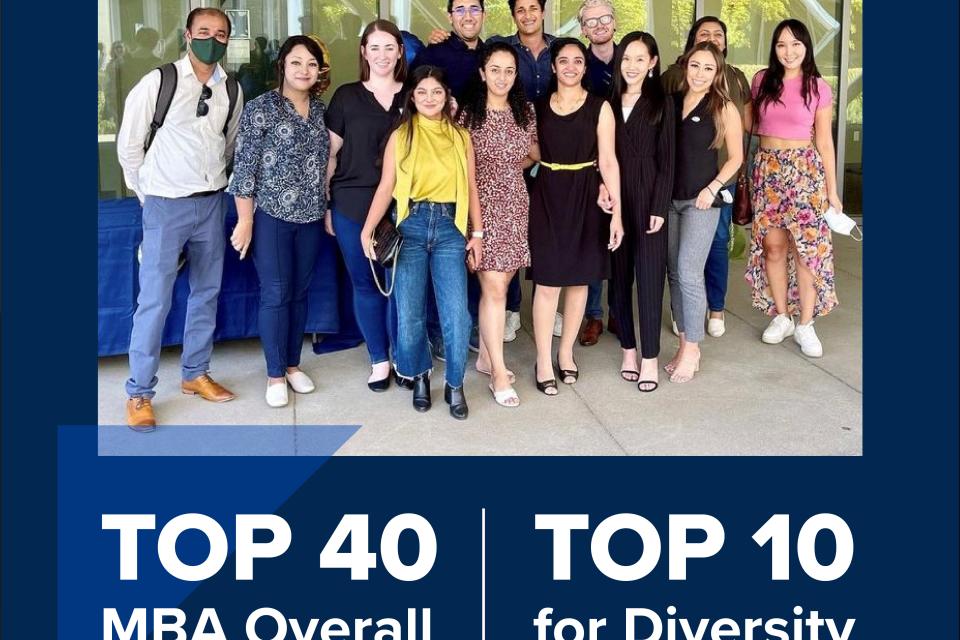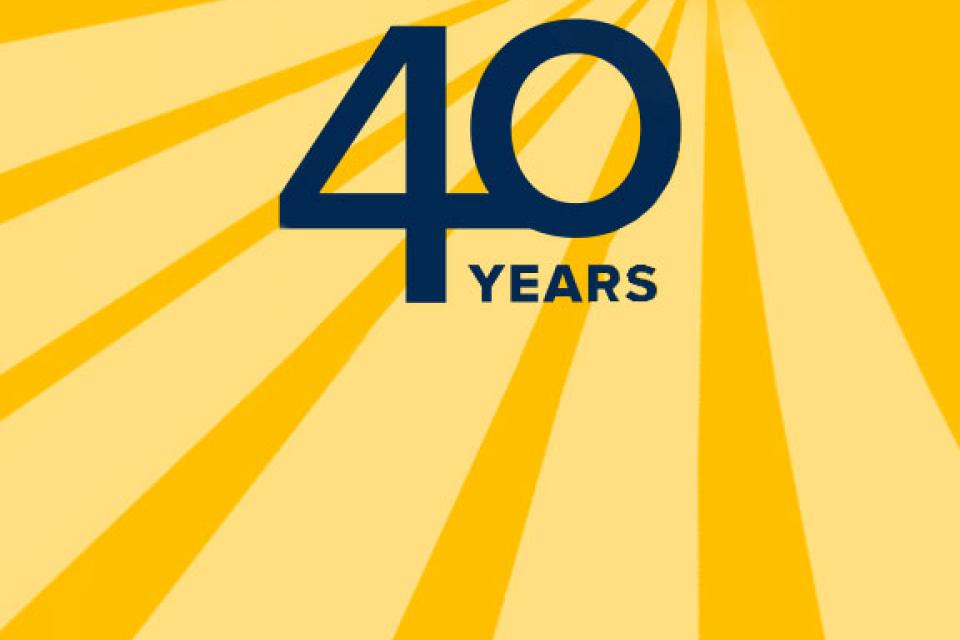3 Ways an MBA Propelled My Success in Digital Health
Accelerated opportunities + enhanced business skills + breadth of UC Davis
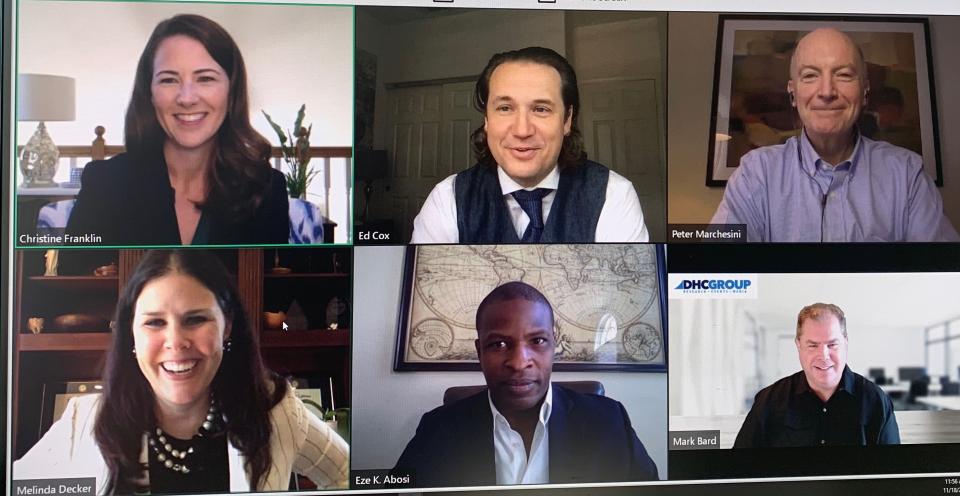
I work in one of the most exciting and evolving fields in the world right now—digital health. Thanks to significant technological advances and accelerated by the pandemic itself, the world has dived head-first into telemedicine, remote clinical trials and using technology to connect people to the treatments and resources they need to be healthier.
My passion for improving patient outcomes has led to a rewarding career as a global biopharmaceutical and digital health executive. I’ve enjoyed leadership roles at AstraZeneca and Pfizer, spanning commercial and research and development. I am now a digital health advisor to several companies, including the Massachusetts Institute of Technology’s (MIT) Health Science & Technology program and to Plexus Ventures, a global business development firm.
I am often asked about the defining moments in my career, and my first thought is usually the foundational education at UC Davis and how my MBA propelled my career.
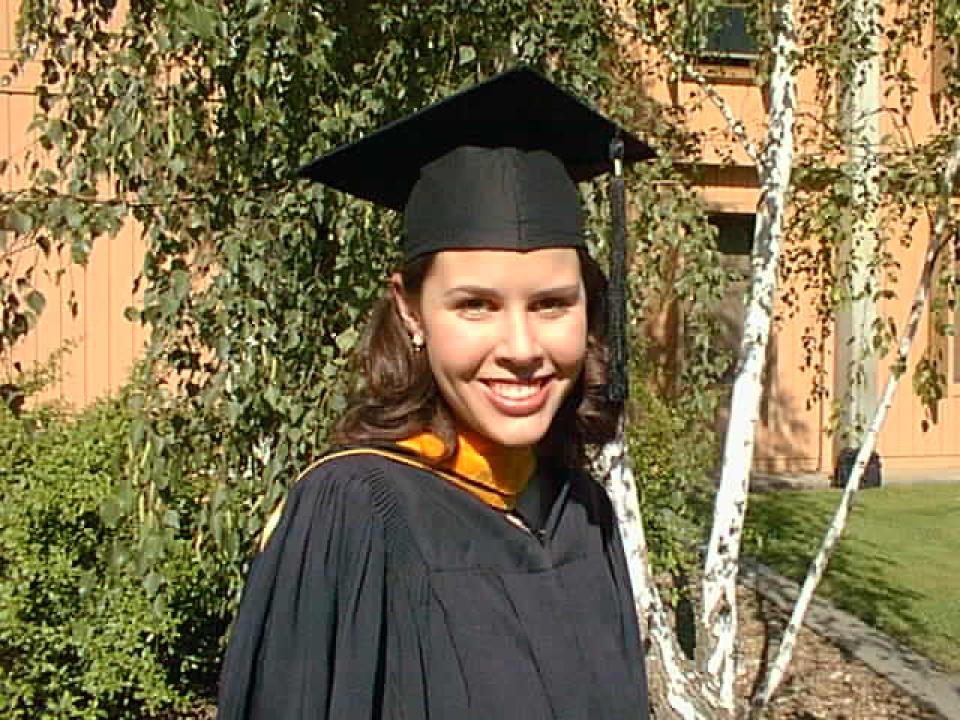
Top Three Takeaways
I am a triple alumna from UC Davis, and proud of my Aggie heritage. In addition to graduating from the Full-Time MBA program at the Graduate School of Management (GSM), I have two degrees from the UC Davis College of Engineering. It was an incredible experience to combine the technical know-how from my engineering background with the business skills from my MBA coursework.
My UC Davis experience set me up for success in this growing digital health field in three ways:
1. Accelerated opportunities: An MBA degree can open doors and provide access to opportunities. In my case, my MBA internship was at a large pharmaceutical company and after I graduated from the GSM, I joined full-time into an MBA rotational program.
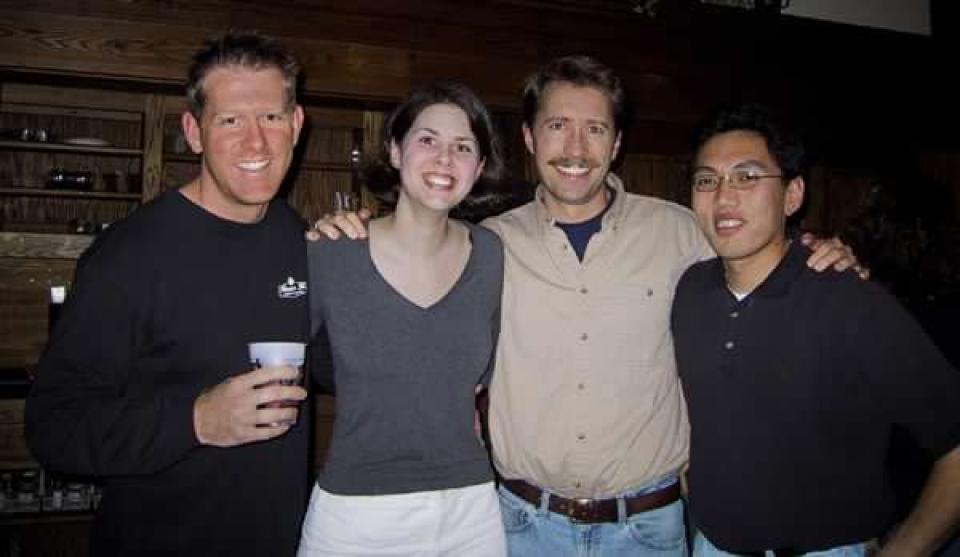
Beyond getting my foot in the door, I was exposed to broader types of roles, and at higher levels, because of my MBA. I worked in roles in many areas of the business, including in commercial and R&D, and that diverse experience has prepared me to be a leader in my field.
2. Enhanced technical business skills: My MBA provided the foundational skills in areas like marketing and finance that I was able to use immediately in the workplace. I worked on multiple blockbuster products in the years following graduation, primarily in product management and marketing, where I utilized the knowledge acquired from my MBA.
In between those roles, I took a rotation in a manufacturing and supply chain organization, where my financial acumen was invaluable. I didn’t have to wait for the finance department to run NPVs (net present value), ROIs (return on investment), or help me understand how the tax was driving supply chain decisions. I was applying lessons from the classroom into my workplace right away, and they were working.
“You often hear, the softer skills of organizational leadership and influence are even more valuable than the hard skills. Well, my MBA education provided an excellent foundation for those soft skills as well.”
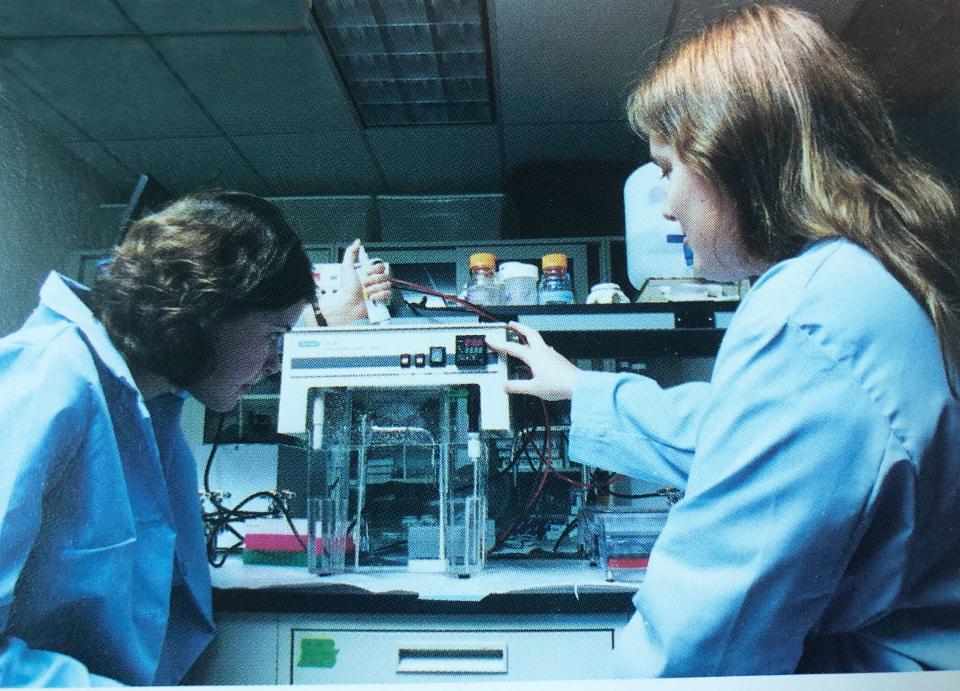
3. Breadth of UC Davis: Because of the flexibility in the MBA program, I was able to take courses outside of the GSM to enhance my skills. I can’t tell you how often my research at the world-renowned UC Davis Department of Viticulture and Enology has been the topic of fun banter at business dinners. The love of wine is something that certainly unites many cultures, and has broken the ice as I’ve traveled around the globe. It was at a wine tasting educational event that the GSM hosted, whereas a novice, I was first introduced to the wine wheel. I still may not be that sophisticated, and my big brother (also an Aggie) may be the vintner in the family, but I certainly feel empowered knowing the basics. Those opportunities to work with different programs on campus have paid off down the road.
Throughout my career, I focused on adding skills and experience to prepare me for general management. I can still recall my time running PCR (polymerase chain reaction) in a bioprocess engineering lab and taking bioinformatics and computer programming courses as an undergrad at UC Davis. Each skill-building class created a strong foundation for my career, but it’s thanks to the courses at the GSM that helped develop my managerial and leadership skills. Those skills have come in especially handy now in the exciting new space of digital health.
So when people ask me about the turning points in my career, I can point to one major inflection point-earning my MBA at UC Davis.
